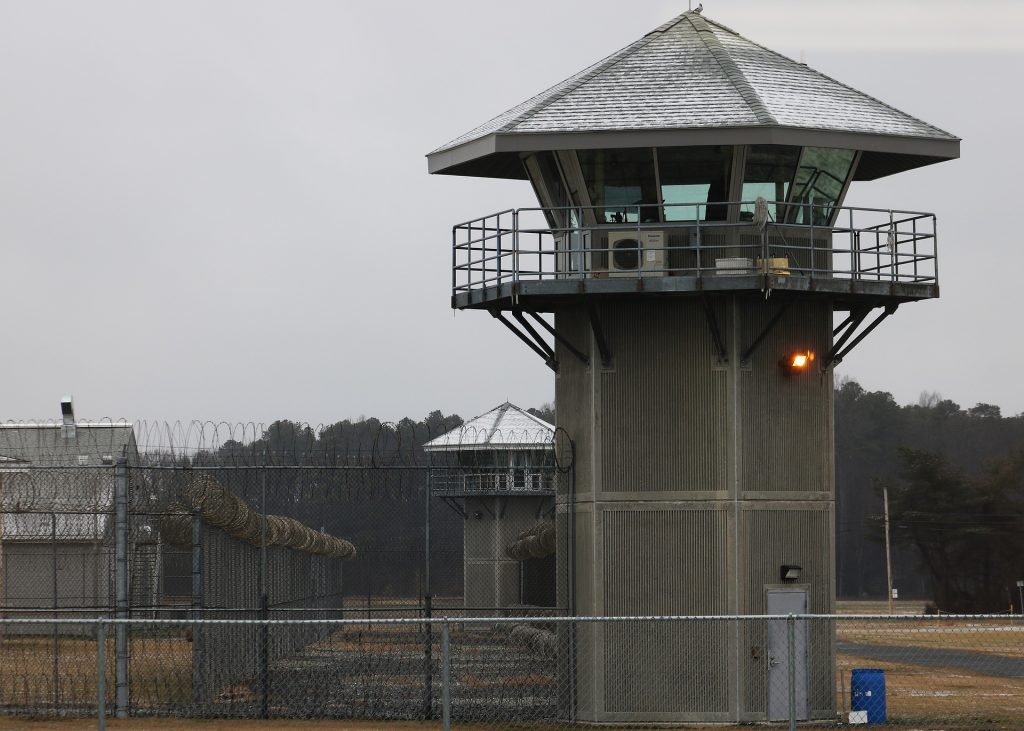The First Step Act (FSA) Time Credits Program deserves praise. Under the program, people in Bureau of Prisons (BOP) custody can earn time off their sentence. They do so by participating in evidence-based recidivism reduction (EBRR) programming and productive activities. But what if the BOP’s calculation of your FSA Time Credits is different than yours? Will a federal court help? Unfortunately, the answer so far is no.
How does the Bureau of Prisons calculate First Step Act Time Credits?
Under the First Step Act, people in BOP custody can earn 10 (and sometimes even 15) Time Credits for every 30 days of participation in EBRR programming and productive activities. Under a new rule that the Department of Justice (DOJ) announced in January, incarcerated people will earn these Time Credits on a rolling basis. That means that they’ll receive the Time Credits they earn (usually 10 or 15) every 30 days. (Originally, they had to wait until the end of the programs and activities.)

While it’s not exactly clear which programs and activities the BOP will count for the calculation of FSA Time Credits yet, the First Step Act defines EBRR programming and productive activities in a broad way.
EBRR programming, for example, includes any “group or individual activity” that
- has “been shown by empirical evidence to reduce recidivism or is based on research indicating that it is likely to be effective in reducing recidivism,”
- is “designed to help prisoners succeed in their communities upon release from prison” and
- “may include” anything from “family relationship building, structured parent-child interaction, and parenting skills” to “classes on morals or ethics” to “academic classes” and more.
The First Step Act defines the term “productive activity” as “a group or individual activity that is designed to allow prisoners determined as having a minimum or low risk of recidivating to remain productive and thereby maintain a minimum or low risk of recidivating….”

Will courts help if the BOP’s calculation of FSA Time Credits is wrong?
Most of the time, the answer is no. While the First Step Act makes it sound fairly easy to earn FSA Time Credits, challenging the BOP’s calculation of those credits isn’t easy at all. If the BOP doesn’t calculate your FSA Time Credits correctly, you can file a petition for writ of habeas corpus. In fact, more than 100 people have used this method to file a lawsuit over FSA Time Credits.
But, if you are only challenging the BOP’s calculation of FSA Time Credits and nothing else, this method might not work. That’s because, under federal law, courts can’t review agency decisions in specific cases. And that’s exactly what many federal courts have said in these FSA Time Credits cases. They’ve dismissed challenges to the BOP’s calculation of FSA time Credits because they are “not subject to judicial review.”
The Takeaway:
Some courts (like the ones in Goodman v. Ortiz and O’Bryan v. Cox) have actually decided cases involving FSA Time Credits through petitions for writ of habeas corpus. But many haven’t. In fact, all but two federal courts to address FSA Time Credits have been unwilling to change the BOP’s calculation.






